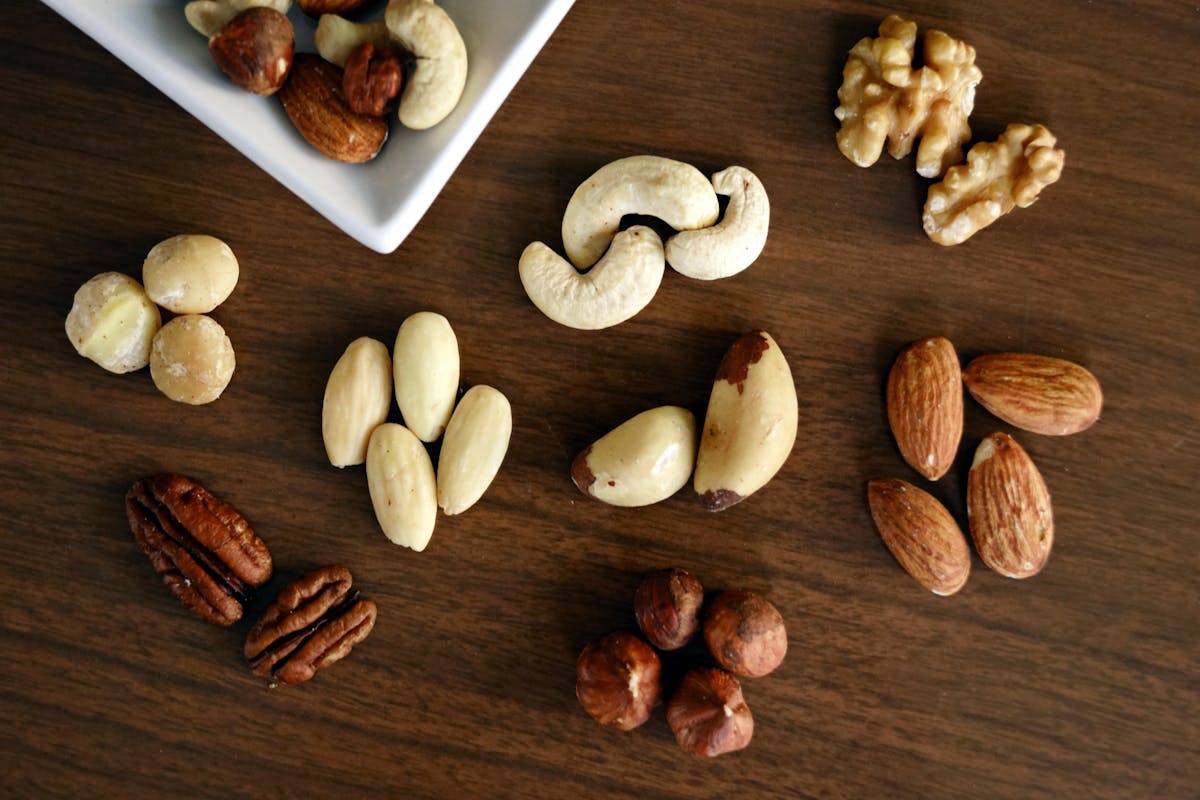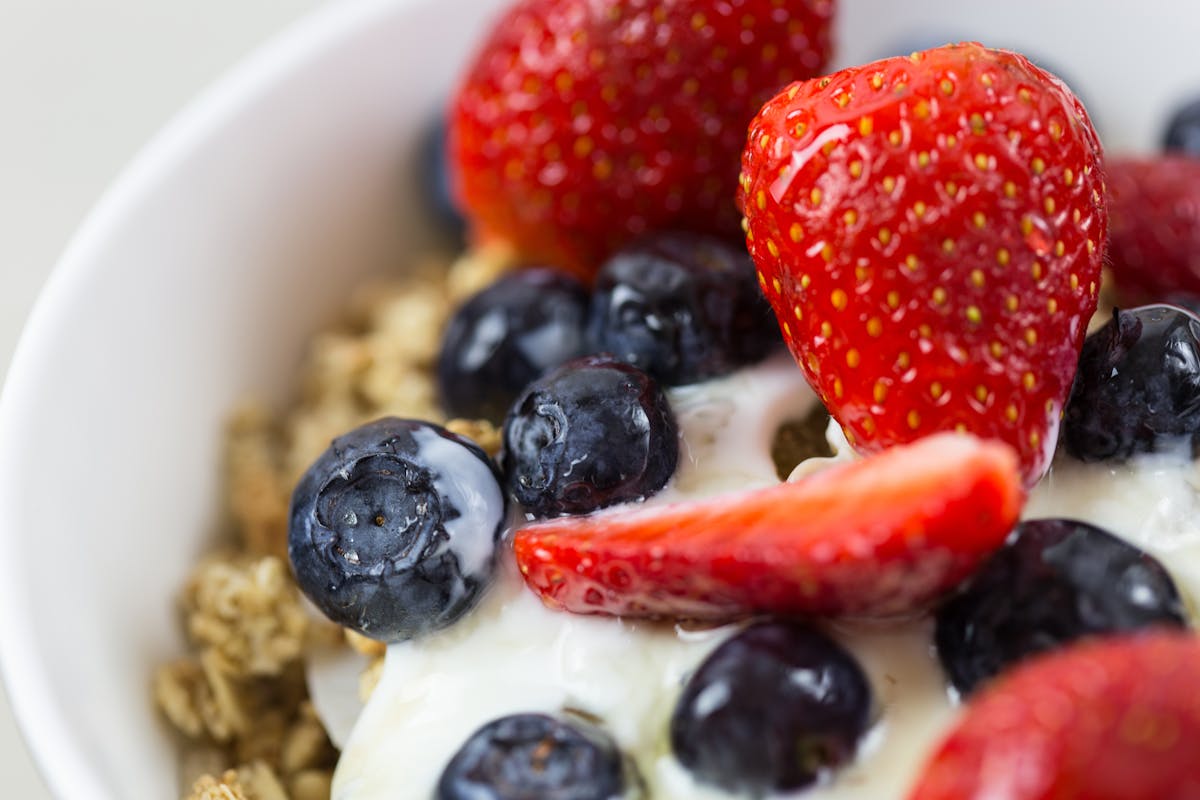Açaí berry is a fruit borne by an açaí palm tree with the same name in marshes or flooded ground. It is spherical in shape, purple skinned, and has a large seed. It was first eaten by the Amazon Indian tribes, and its consumption rose because it is nutritious.
Curiously, its preparation where it is natively found is quite another from elsewhere: salted and warm, served with cassava or fried fish. As a very perishable fruit, açaí must be converted into pulp and frozen, or else ground into powder, so that it may be transported, the most “natural” state most know it by.
What are the benefits of açaí?
There are a number of benefits to eating açaí, as it has nutrients that help the different organs function better and aid in a balanced diet. Nevertheless, there are not yet enough studies to prove that eating or drinking açaí prevents some diseases or aids in reaching objectives like weight loss. The advantages of açaí are, nevertheless, great:
- Antioxidant effect: contains polyphenols, such as anthocyanins and proanthocyanidins, whose antioxidant, cell-protecting and immune system-strengthening power is recognized. It is believed that açaí has more antioxidants than berries such as raspberries, blackberries, strawberries or even blueberries, another fruit known for its health benefits;
- Anti-inflammatory: can help reduce inflammation, which in chronic situations is associated with diseases such as atherosclerosis and diabetes type 2;
- Reducing blood sugar: consuming açaí can help reduce or control blood sugar levels, which can lead to several cardiovascular diseases;
- Cholesterol reduction: Just like sugar, the accumulation of cholesterol increases the risk of several diseases. Açaí appears to increase the so-called “good cholesterol”, HDL, which has effects on reducing “bad” cholesterol, LDL;
- Skin protection: several cosmetic products contain açaí, both for its antioxidant potential for the skin and because it is a healthier and safer alternative to other oils used in creams, shampoos or conditioners.
Did you know…
There is an idea that açaí helps you lose weight and “detoxify” your body. In fact, weight loss is essentially due to a balanced and varied diet. And the “ açaí detox ”, based on supplements, not only has risks due to the components used, but the fruit is also attributed a “cleansing” effect that is essentially only due to the addition of laxatives.
How to consume açaí?
Since the fruit cannot be consumed in its natural state, açaí is available in pulp, powder, food supplements or added to already prepared products. Even so, there is enough to be eaten in a variety of ways, especially for breakfast, as a dessert or as a lighter and healthier meal.
The two most common forms are bowls , bowls of frozen açaí – plain or with pieces of fruit, cereals or nuts -, and juices, smoothies or shakes. There are also açaí jellies, energy drinks and even alcoholic cocktails , as well as desserts such as cakes, mousses and puddings with açaí.
In powdered form, aside from desserts, açaí can be mixed into juices or smoothies with other ingredients, but it can also be utilized to sprinkle over cereal bowls, mixed into yogurt, mixed into homemade granola recipes or cereal bars, and even used to sweeten dark chocolate.
In dishes with a savory flavor, açaí pulp can be served as a side dish for meat or fish, in meat, fish or salad sauces. And even in breads, with flour more or less, to enhance the flavor of the açaí.
What are the risks of açaí?
Acai is a healthy fruit that can be consumed by all types of people, but should be consumed in moderation, avoiding forms with a high sugar content. It should be noted that certain unprocessed and unsterilized or unpasteurized acai products, such as fresh juice, may be contaminated with parasites from their origin.
Who should not consume?
Acai is a nutritious food that can be incorporated into a healthy diet, but with utmost caution being exercised regarding the source of the product and other ingredients added to it. Pregnant or breastfeeding women should avoid taking unprocessed acai because of the danger of contamination and limited knowledge of some of its effects on the body. Diabetic patients also need to keep acai consumption in check, or be extremely careful about added sugar intake. In certain circumstances, acai might not be advisable, like for cancer treatment patients or individuals who are going to have an MRI scan. If you’re interested in having this fruit in your diet but are concerned with interactions with drugs or impact on the body, consult your doctor.



